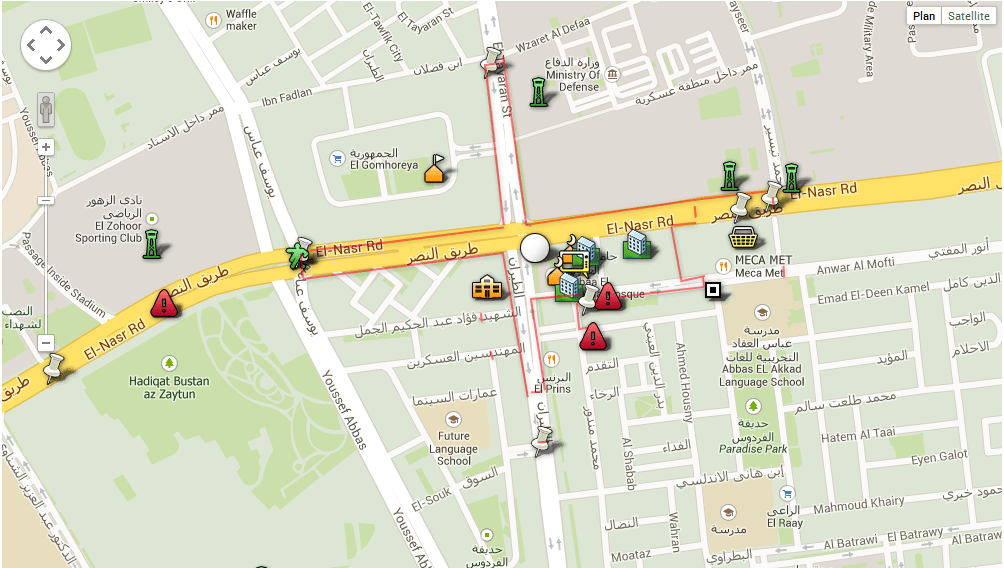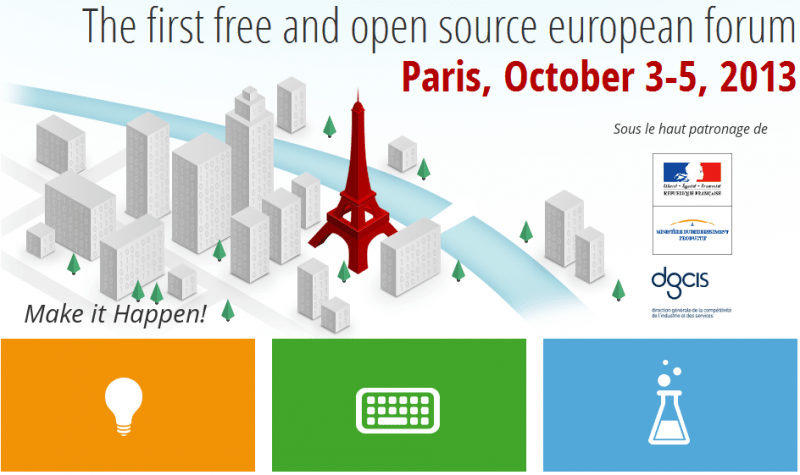[This was originally published on Nature Middle East.]
As political unrest continues in Egypt, thieves have attacked a museum in the country’s south, stealing or burning evidence of thousands of years of history.
While Egypt focused on violent outbreaks in the rest of the country, raiders broke into the halls of the Malawi National Museum and ransacked its collections on two consecutive nights, stealing or destroying almost all of its artefacts.
The museum, 300 Km sound of Cairo in the Upper Egypt city of Minya, is a little-known cultural centre, but is home to a rich and diverse collection that spans Egyptian history from Greco-Roman to the 18th Dynasty eras. Many of the antiquities housed in the museum date back to the eras of the pharaoh Akhenaten and Nefertiti; some are animal mummies and statues dedicated to the worship of the Egyptian god Thoth, a deity represented with the head of an ibis.
Looters are widely believed to be supporters of ousted president Mohamed Morsi. But Monica Hanna, an Egyptian archaeologist at Humboldt University of Berlin, closely following the events, blamed the looting on “people’s greed under political and religious cover.”
Archaeologists and museum workers have started to identify and list the stolen objects, believed to number around 1,040. According to preliminary evaluations, 1040 of the 1089 artefacts that the museum housed have so far been reported missing. The Facebook page “Egypt’s Heritage Task Force”, launched by Hanna in June in response to a growing number of thefts from Egyptian heritage sites, has an updated album of images of the stolen items.
“All small pieces of the Malawi museum are completely looted, and all of them are from the Amarna Period,” says Hanna. The Amarna Period art is distinctive from more conventional Egyptian art styles, with artists of the era opting for a more relaxed, realistic portrayal than the traditional stylized and rigid formality of previous dynasties.
According to reports, in the second raid, the museum was set alight and objects not stolen on the first night were badly burnt. Objects too heavy to carry out of the museum, such as wooden and stone sarcophagi, have been severely damaged. “Two mummies were burnt down, but fortunately two others could be saved as well as a huge number of fragments,” says Hanna.
Yesterday, curators from the Malawi National Museum confirmed that five painted wooden sarcophagi, two mummies and a papyrus handwritten in Demotic, as well as a collection of broken ancient statues, have been sent for restoration.
Once archaeologists complete the investigations and finalize a list of stolen objects, it will be distributed to all Egyptian ports to thwart any smuggling attempts. All missing artefacts will be put on UNESCO’s red list to avoid being smuggled and sold on the international antiquities market. “Egypt’s Heritage Task Force contacted INTERPOL immediately, independently of the Ministry of Antiquities, and alerted the International Council of Museums and the International Committee for Egyptology,” adds Hanna.
The Ministry of Antiquities also announced a campaign to retrieve stolen objects, offering compensation for those who will return the artefacts. The al-Ashmounein storehouse near the museum is receiving the returned antiquities, but so far, only two objects have been returned, according to Hanna.
Vandalism of museums is frequently reported in times of major political disturbances. Additionally, looting of Egyptian archaeological sites has been on the rise as the black market for antiquities grows.


